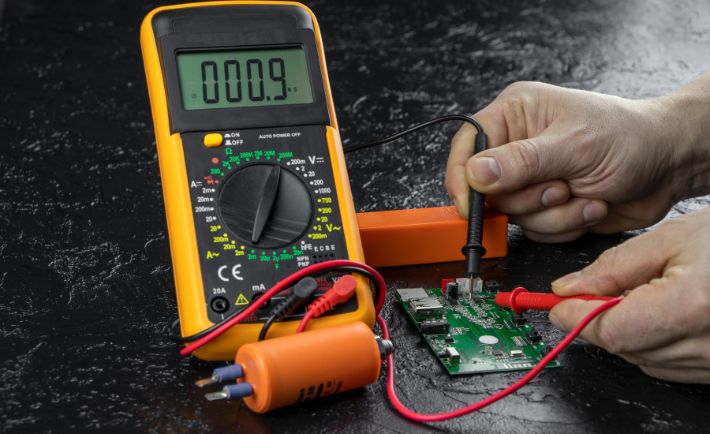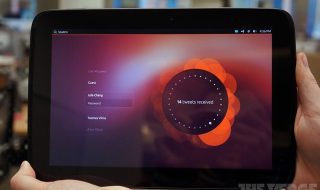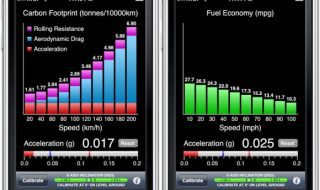
Accurately measuring voltage is essential in various electronic applications and scientific experiments. Achieving precise measurements prevents device malfunction, ensures safety, and optimizes performance. Here are a few ways to measure voltage with more accuracy to achieve reliable readings.
The Importance of Accurate Voltage Measurement in Technology Applications
Accurate voltage measurement is crucial when working with technology. Whether you’re using delicate electronics or industrial machinery, knowing the exact voltage significantly affects performance and safety. For tech enthusiasts and professionals alike, precision in voltage measurement ensures devices function optimally, reduces damage risk, and enhances overall efficiency.
Common Methods for Voltage Measurement and Their Limitations
Traditionally, voltage measurement relies on tools such as multimeters and voltmeters. These devices are common due to their simplicity and affordability.
However, they come with limitations, including susceptibility to external interference and inaccuracies at high or low voltage levels. While useful for general purposes, these basic tools may often not provide the precision required for specialized applications.
Advanced Techniques for Measuring Voltage Accurately
Turning to advanced techniques and precision instruments is essential for more accurate voltage measurements. Digital multimeters (DMMs) with higher resolution and accuracy are a step above standard models you may want to consider.
Additionally, oscilloscopes allow for observing voltage changes, providing a dynamic view of voltage behavior. Calibration is another critical factor; regularly calibrating your instruments ensures they maintain their accuracy over time.
Examples of Accurate Voltage Measurement Impacting Technology
Accurate voltage measurement facilitates numerous technological advancements. In renewable energy, precise voltage measurements enable better monitoring and optimization of solar panels and wind turbines. Accuracy is key in high-voltage power applications for preventing blackouts and equipment failure.
In electronics, accurate measurements are vital for designing and testing circuits, ensuring they perform as intended. These real-world examples underscore the importance of precision in pushing the boundaries of technology.
Tips for Selecting the Right Measurement Tool
Choosing the right tool for voltage measurement depends on your specific needs. For general purposes, a reliable digital multimeter with good resolution might suffice.
However, consider instruments such as precision voltmeters or oscilloscopes for more specialized tasks. Look for features such as high accuracy, stability, and the ability to filter out noise. Investing in quality tools saves time and prevents errors down the line.
Measuring voltage with more accuracy is a fundamental aspect of working with technology. By understanding the available methods, tools, and techniques, tech enthusiasts ensure their projects and devices operate at peak performance. Remember—precision matters, whether you’re tinkering in your garage or developing cutting-edge technology.




